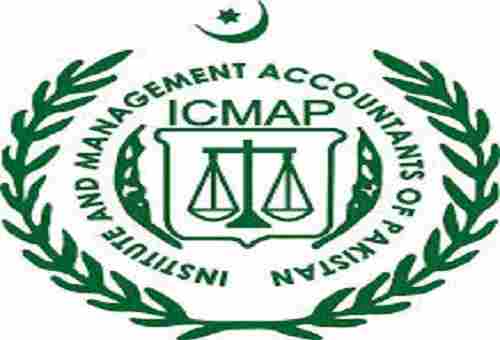Karachi, September 12, 2025 – The Institute of Cost and Management Accountants of Pakistan (ICMAP) has strongly urged the government to establish a National Data and Artificial Intelligence (AI) Authority to accelerate Pakistan’s digital transformation and strengthen its standing in the global digital economy.
In its latest research report, ICMAP emphasized that Pakistan must act quickly to adopt robust data governance and AI policies, drawing lessons from successful models in the Middle East and North Africa (MENA) region, particularly the United Arab Emirates, Bahrain, and Morocco. The study outlined a three-pronged agenda: creating a centralized National Data and AI Authority, introducing a mandatory open-data policy, and developing a comprehensive open banking framework.
The proposed authority would function as a unified regulatory and oversight body, similar to initiatives in the UAE and Bahrain. In the UAE, the National Data Strategy and Smart Dubai Office coordinate government agencies, regulators, and private firms to drive digital innovation. Bahrain, through its Personal Data Protection Law (PDPL) and open-banking sandbox, has fostered secure data sharing and fintech growth. Pakistan, the report suggested, could replicate these models by aligning the National Information Technology Board (NITB), the National Centre of Artificial Intelligence (NCAI), and the National Centre for Big Data and Cloud Computing (NCBC), while also complementing the newly established Pakistan Digital Authority (PDA).
ICMAP also recommended adopting a nationwide open-data policy, enabling anonymized machine-readable datasets to be published on government portals. This would improve transparency, fuel data-driven entrepreneurship, and support startups and SMEs. A comprehensive open banking framework, supported by standardized APIs and consumer-consent mechanisms, would give individuals more control over their financial information while encouraging fintech innovation and promoting financial inclusion.
To further strengthen the digital ecosystem, ICMAP proposed a tiered licensing regime for digital banks. Under this framework, electronic money institutions (EMIs) and digital wallets could gradually evolve into fully licensed banks, subject to capital, compliance, and risk management requirements. This phased approach would balance innovation with financial stability.
The report also highlighted the tremendous growth potential of Pakistan’s AI market, projected to expand from USD 861 million in 2025 to USD 3.5 billion by 2031. To harness this momentum, the institute recommended pilot projects in agriculture, healthcare, and public finance, alongside establishing specialized academies to train a workforce capable of adapting to AI-driven change.
With coordinated policies, strong governance, and the support of the Ministry of IT and Telecom, Pakistan has the potential to emerge as a regional hub for AI, fintech, and data innovation, unlocking new opportunities for investment and sustainable growth.
